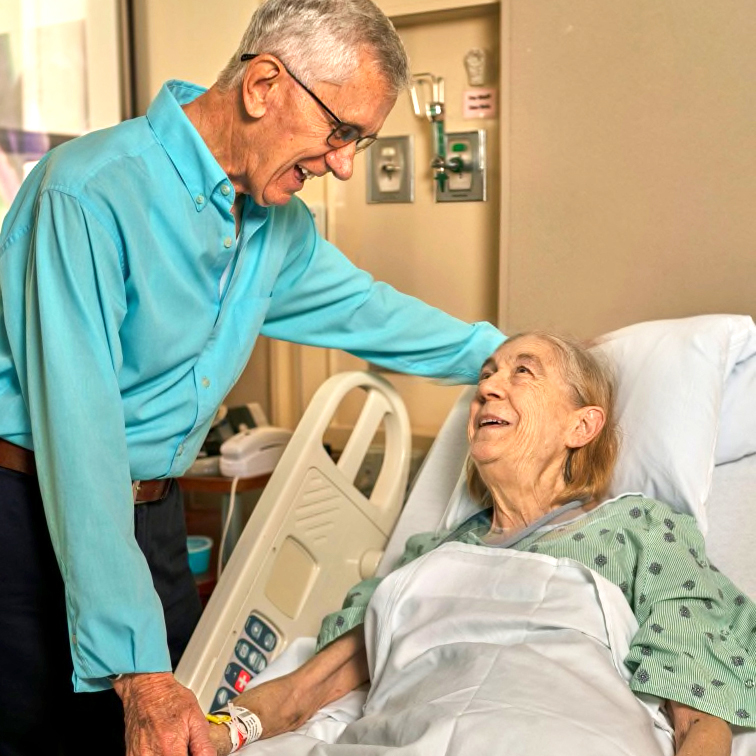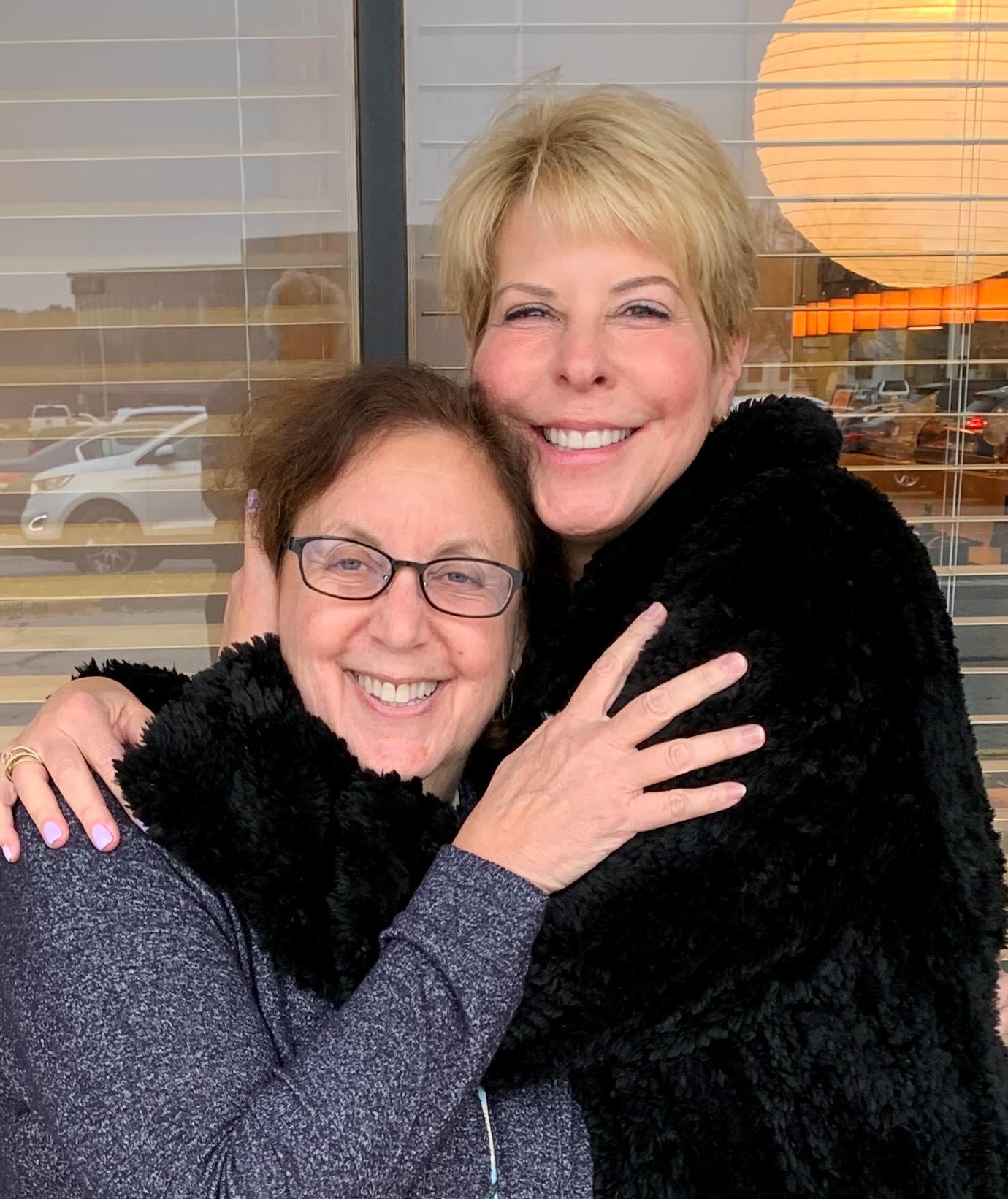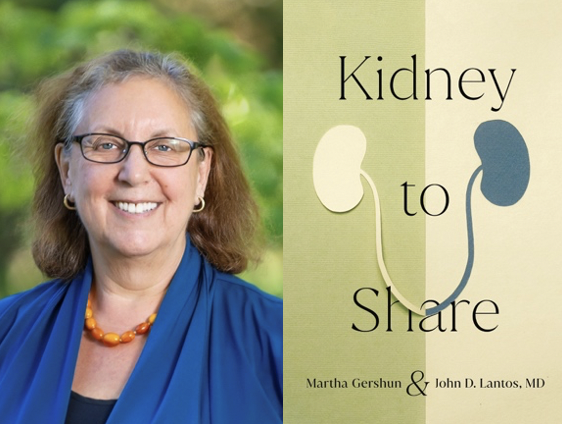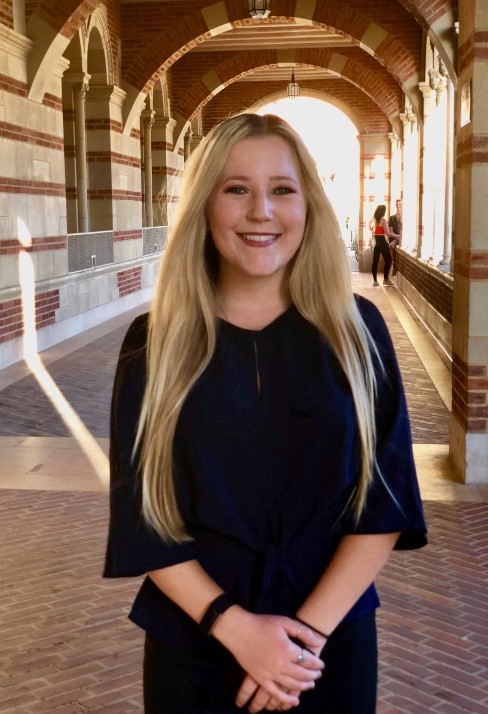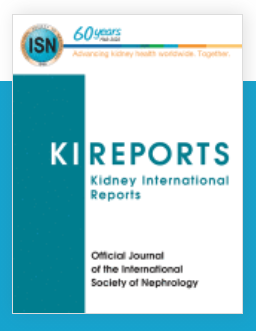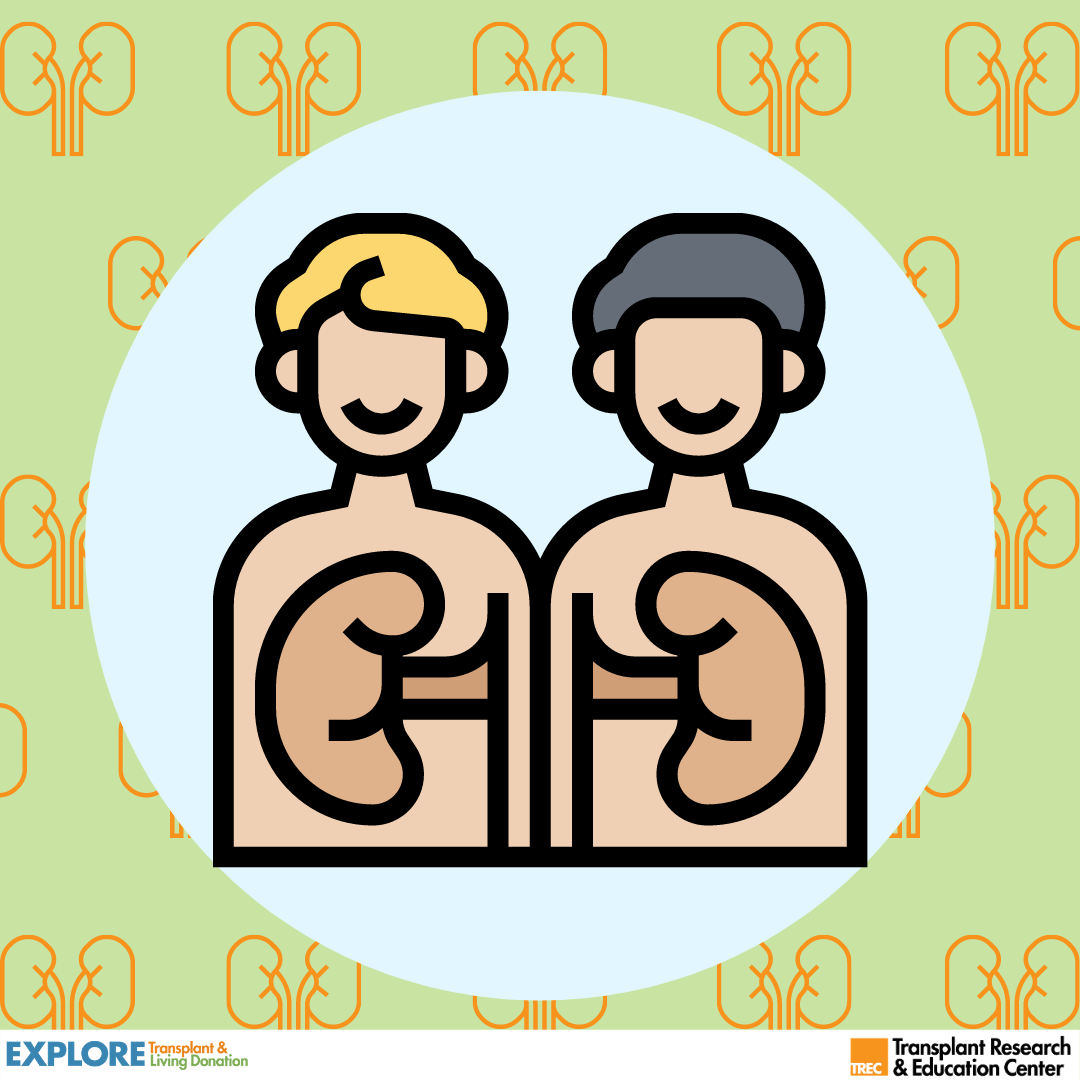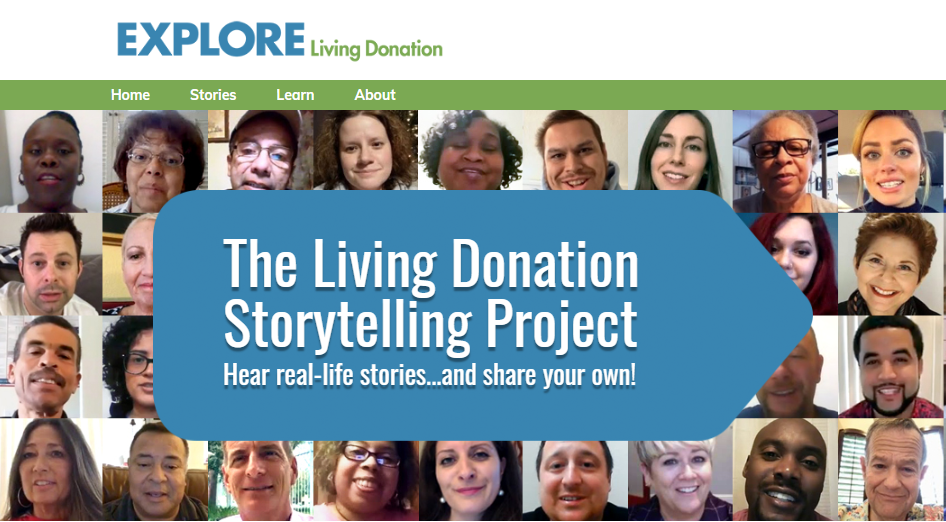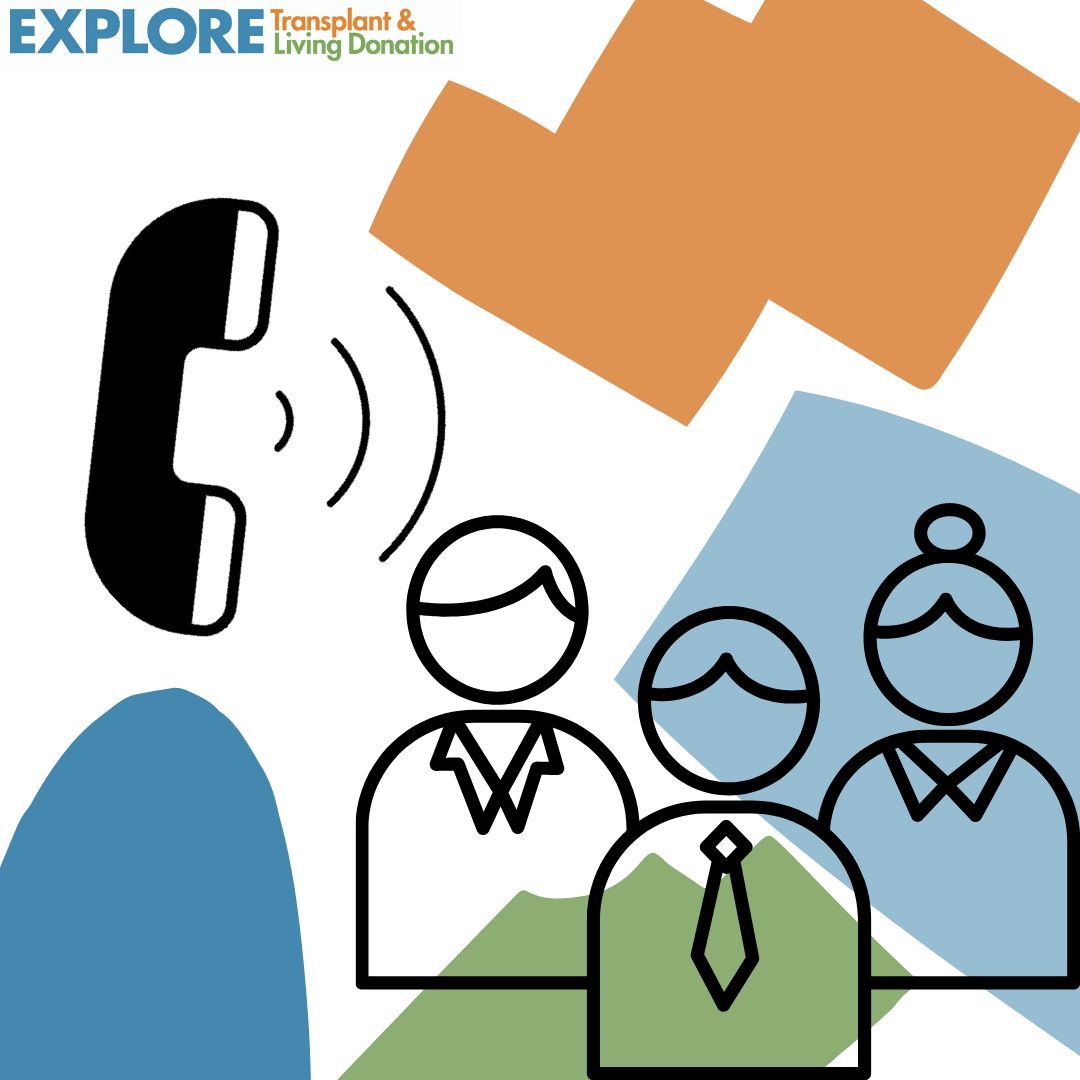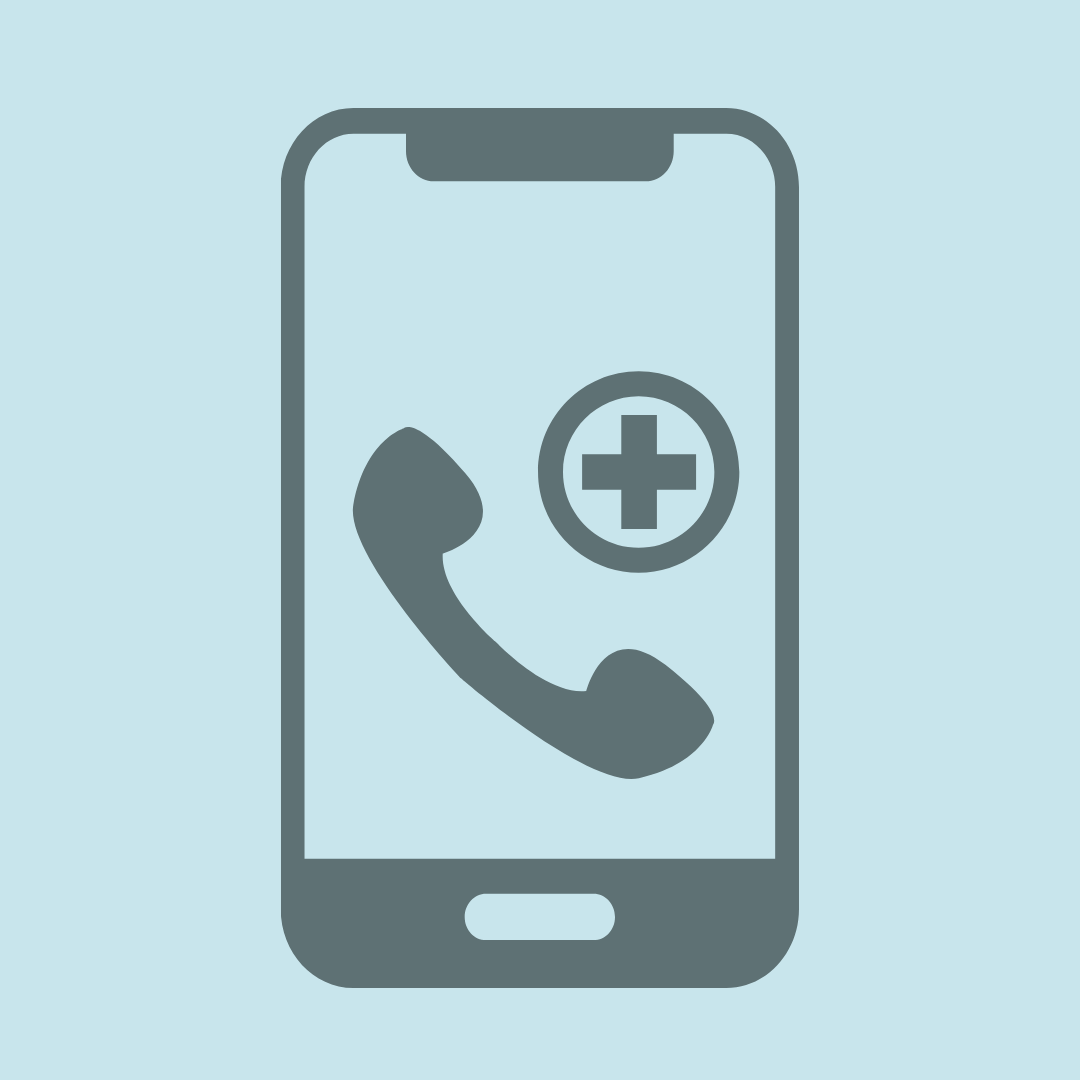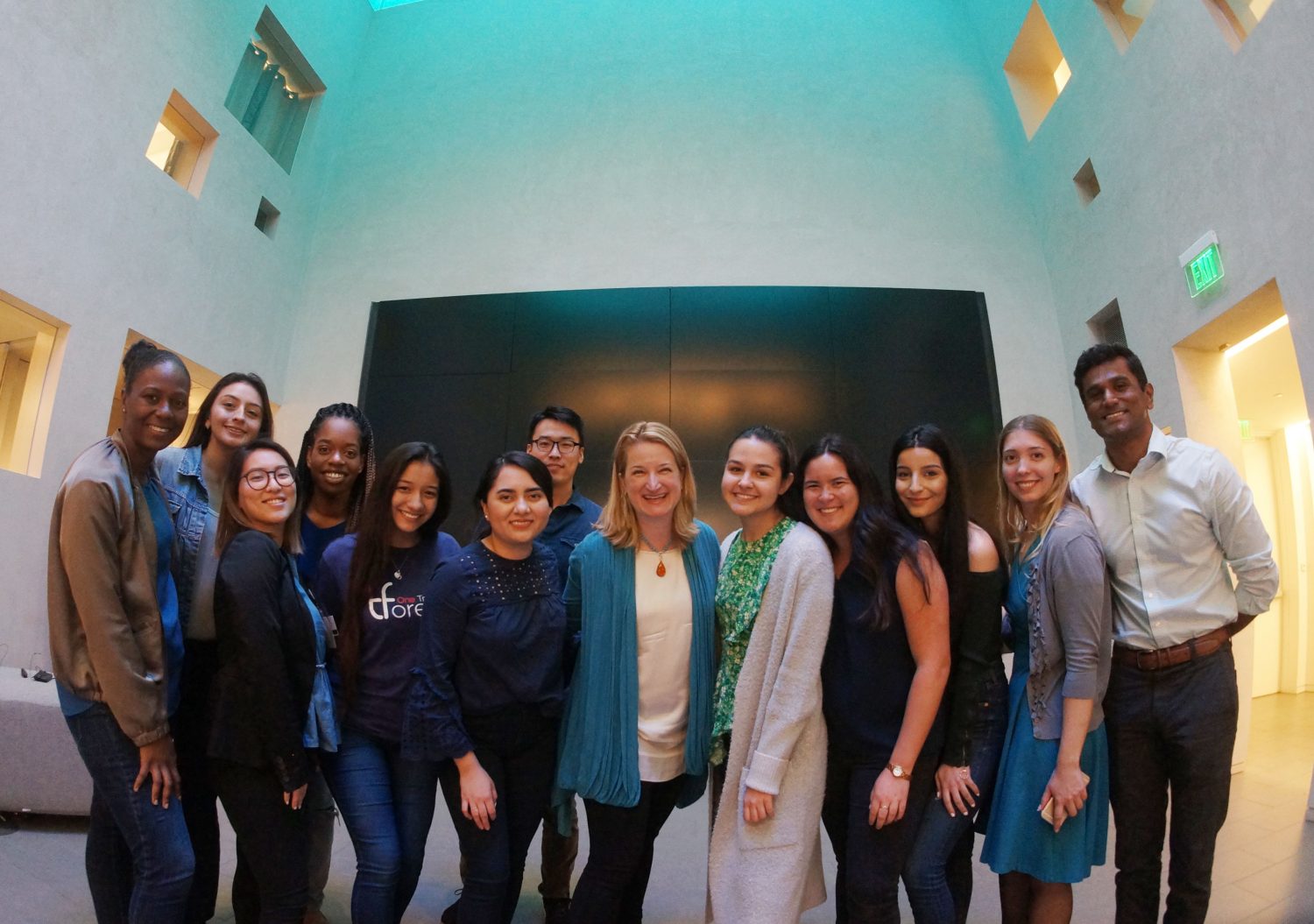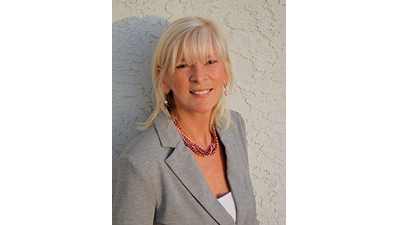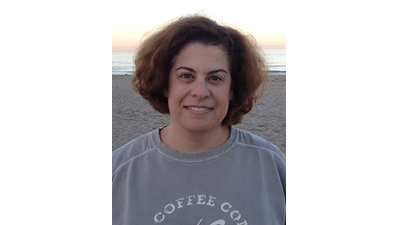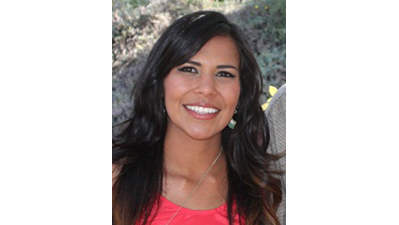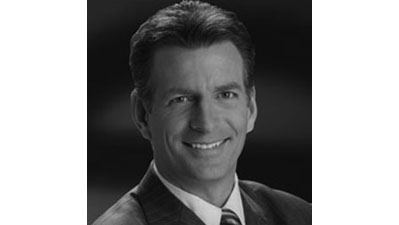Written by Martha Gershun, Guest Blogger No one has ever accused me of being a drug addict. In fact, no one has ever even suggested I drank too much or was impaired in any way due to substance use. I am a pretty reliable, law-abiding, sober person. But in 2017 when I started the process to donate my kidney to a woman I read about in the newspaper, the suspicion of drug abuse almost derailed …
How old is too old: an interview with Frank Dewhurst, an 84 year old living donor
Written by Martha Gershun, Guest Blogger How old is too old to donate a kidney? Well, Frank Dewhurst of Austin, TX was 84 years old when he successfully donated a kidney in 2019 at Houston Methodist Hospital, making him the oldest person in the United States to become a living kidney donor. Frank graciously consented to a virtual interview with me, a living donor myself, to share more about his journey to becoming a living …
Telling your story: the power of online storytelling for living kidney donors
By Martha Gershun, Guest Blogger Sharing stories helps people connect and learn from each other in powerful and unique ways. It also allows the storyteller to process their own experiences as they structure and organize their personal narrative to offer to others. The Living Digital Storytelling Project is a compelling, user-friendly platform for real-life living donation stories that provides first-person information about the challenges and benefits of living kidney donation in order to help others …
Kidney to share
Introducing Martha Gershun, New Living Donation Guest Blogger In 2018 I donated a kidney at the Mayo Clinic to a woman I read about in the newspaper (1). Deb Porter Gil was in her mid-50s; the mother of two young adult daughters; a retired attorney, raised in Kansas City, where I lived; who had recently moved to Ft. Lauderdale, Florida. Decades before, while still in law school in Kansas City, Deb had been diagnosed with …
Listening to the transformational experience of kidney patients and living donors
By Ally Zweigle, Intern Throughout my time at TREC, I progressed from knowing very little about what kidney disease is like for those who have it, let alone its astounding effects on both the diagnosed individual as well as those around them, to being convinced that I should someday donate my own kidney to someone in need. Perhaps this was a consequence of one of my internship assignments, which was to code video submissions for …
Policy change to overcome disparities in kidney transplantation
By Alice Yang, Intern Implementing policy changes to improve access to kidney transplants and overcome disparities is an important first step in reaching these goals, but it is not enough. Three major policy changes have aimed at improving end-stage kidney disease outcomes and increasing access to transplants. These include the kidney allocation system (KAS) in 2014, the Advancing American Kidney Health Initiative in 2019, and finally, new changes implemented by the Centers for Medicare and …
The importance of tailored education to address transplant disparities
By Annika Pearson, Guest TREC Communication Writer A recent study titled, “Ethnic background is associated with no live kidney donor identified at the time of first transplant assessment—an opportunity missed? A single-center retrospective cohort study”, suggests that people from different minority ethnicity groups are not given the same amount or quality of information about their options for managing chronic kidney disease or for renal replacement therapies like transplantation, as others. Research has shown that patients …
A recent TREC publication on the power of a digital library of living donor stories
By Erica Ho, Research Associate There are over 740,000 people in the United States living with end-stage kidney disease (ESKD)1,2, but only around 6500 transplants are performed every year due to a severe shortage in available kidneys2. Problems like limited kidney transplant education and medical mistrust make it difficult for enough donors and recipients to be matched3,4. Storytelling has been proven to be an effective strategy in increasing education and awareness for other health issues …
Surveying Spanish-speaking kidney patients
By Yaquelin Arevalo Iraheta, Junior Research Associate. Using an interpreter is worse than having both the patient and provider speak the same language because it loses the personal and intimate element between both parties. Breaking the language barrier that Spanish-speaking patients face when receiving healthcare can also help them overcome cultural barriers such as mistrust of their provider. One of the research projects going on at the Transplant Research and Education Center (TREC) involves surveying …
Announcing the launch of the Listening & Resource Center (KTLRC) & bilingual educational guide
By Emily H. Wood, Research Associate The Transplant Research and Education Center (TREC), has launched the COVID-19 Kidney / Transplant Listening & Resource Center (KTLRC). The KTLRC is a toll-free call center that allows patients, their loved ones, and caregivers to connect with our experienced staff to share their questions, concerns, and receive answers, education, and referrals for additional resources. The KTLRC can be reached at: 1-800-830-0484 trec@mednet.ucla.edu We created the KTLRC in direct response …
Real patient stories inspire and educate
Some of our earliest memories are of hearing stories read to us by our parents – fairy tales, fables, adventures, and epic journeys. Storytelling is an innate and universal part of the human experience. Stories help us make sense of our lives, mark important occasions, and share and connect with the people who matter to us. From founding myths like the tale of Romulus and Remus to true accounts of heroism, or even casual stories …
Phillip Palmer: my decision to donate
Phillip Palmer, morning anchor for ABC7 in Los Angeles, was inspired to donate a kidney after reading a Sports Illustrated article about then-NBA star and transplant recipient Alonzo Mourning. He resolved then to one day save someone’s life as a living kidney donor. Years later, that person turned out to be longtime friend Dale Davis. Phillip reflects on his living donation journey. Oddly enough, I learned most everything I know about living donation as I …


